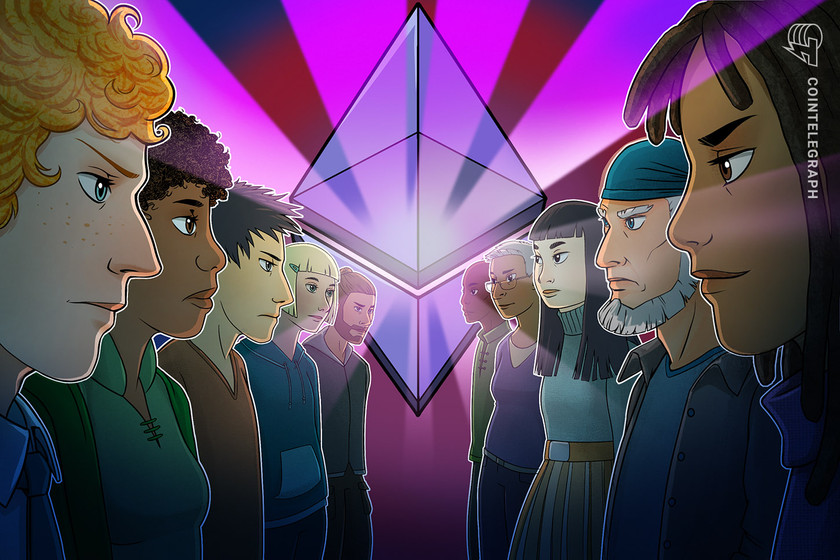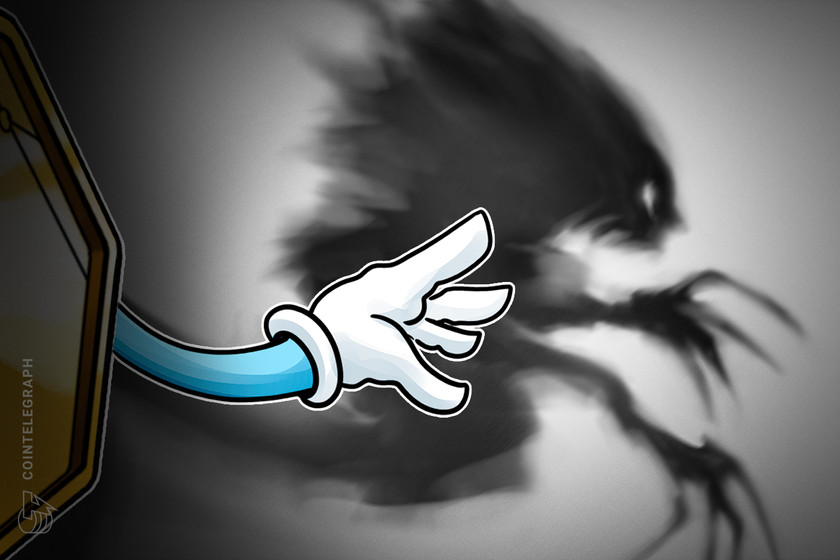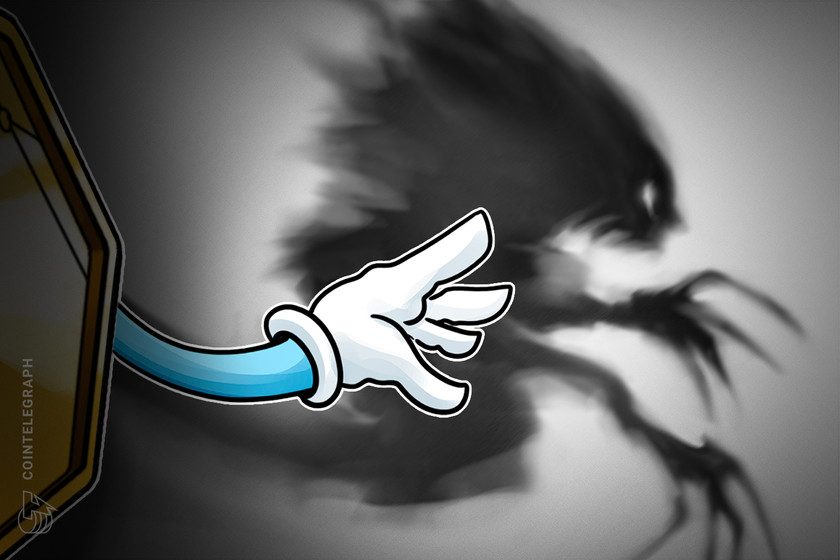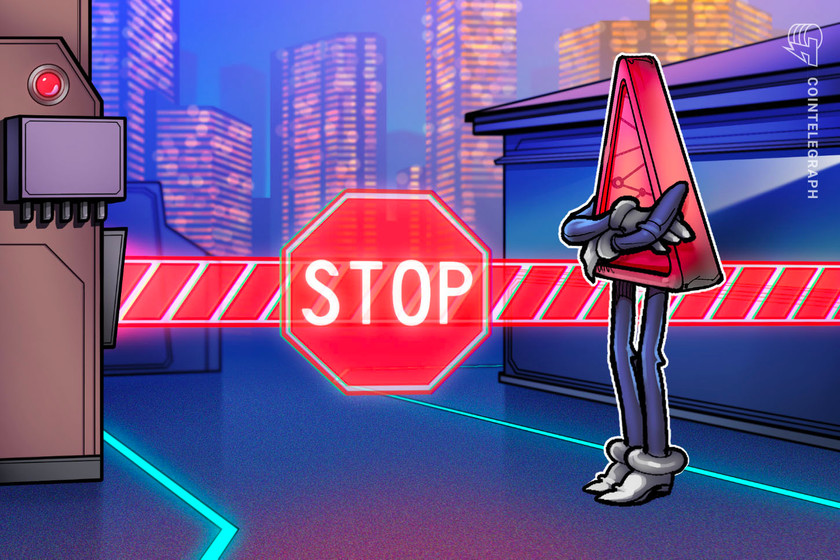Ethereum community splits over solutions for transaction censorship


Social slashing and even a user-activated soft fork have been suggested as possible responses to the threat of transaction censorship on Ethereum.
The Ethereum community has been divided over how to best respond to the threat of protocol-level transaction censorship in the wake of the United States government sanctions on Tornado Cash-linked addresses.
Over the last week, Ethereum community members have proposed social slashing or even a user-activated soft fork (UASF) as possible responses to transaction-level censorship on Ethereum, with some calling it a “trap” that will do more harm than good and others stating its necessary to provide “credible neutrality and censorship resistance properties” on Ethereum.
The heated debate comes after Ethereum miner Ethermine elected not to process transactions from the now U.S. sanctioned Ethereum-based privacy tool Tornado Cash, which has prompted members of the Ethereum community to worry about what would happen if other centralized validators did the same.
The Ethereum community is also debating the effectiveness of social slashing to combat censorship on the Ethereum network, as the strategy could lead to a chain split with some validators processing transactions on the censorship-less chain and the others validating only the OFAC-compliant chain.
Social slashing is the process whereby validators have a percentage of their stake slashed if they don’t correctly validate the incoming transactions or otherwise act dishonestly.
This may become a significant issue if regulators require major centralized staking services like Coinbase and other major centralized pools, which together stake more than 50% of Ether (ETH) in the Ethereum Beacon 2.0 chain to only validate OFAC-compliant chains.
Founder of Cyber Capital Justin Bons argues that slashing “is a trap” that “represents a greater risk than the OFAC regulation” and will not be a viable solution to tackle censorship at the protocol level.
1/21) We are now at a critical crossroads for Ethereum
With OFAC regulation looming over ETH; threatening censorship
However, the greatest threat comes from within
Discussions of “social slashing,” multiple forks & unclear governance
Heralds the potential for disaster in ETH:
— Justin Bons (@Justin_Bons) August 22, 2022
In a 21-part Twitter thread on Monday, Bons said that social slashing exchanges may “deprive innocent users of their deposits,” which would “violate their property rights.”
Bons also said that too many validators complying with law enforcement on Ethereum would “lead to a chain split,” at the point at which “censors start ignoring or do not attest blocks that contain OFAC violating TXs.”
Founder of Ethereum podcast The Daily Gwei Anthony Sassano wrote on Twitter on Saturday that “collateral damage is inevitable in social slashing […] it’s worth it to protect Ethereum’s credible neutrality and censorship resistance properties.”
That’s a less bearish outcome than the Ethereum network engaging in permanent censorship.
Collateral damage is inevitable with social slashing – but at some point it’s worth it to protect Ethereum’s credible neutrality and censorship-resistance properties.
— sassal.eth (@sassal0x) August 20, 2022
Meanwhile, Geth developer Marius Van Der Wijgen shared a similar sentiment stating that preserving censorship on the Ethereum network should be the Ethereum community’s highest priority:
“If we allow censorship of user transactions on the network, then we basically failed. This is *the* hill that I’m willing to die on.”
“If we start allowing users to be censored on Ethereum then this whole thing doesn’t make sense and I will be leaving the ecosystem. […] I think censorship resistance is the highest goal of Ethereum and of the blockchain space in general, so if we compromise on that, there’s not much else to do, in my opinion,” he added.
Related: Tornado Cash ban could spell disaster for other privacy protocols — Manta co-founder
Crypto researcher Eric Wall added that to date, censorship resistance has served as a core property on the Ethereum network and that while we’re seeing some censorship on the front end, “it’ll only get bad if censorship starts happening side Ethereum itself.”
The Tornado Cash sparked censorship debacle has plagued the Ethereum community for over a week now.





